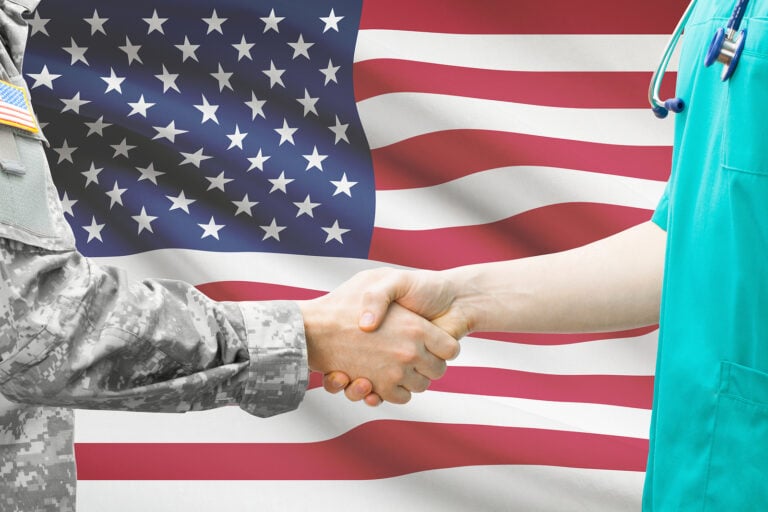Helping Veterans Find Military Friendly Nursing Schools

Returning from deployment, a military nurse reenters American soil with a wealth of experience but also a complex road ahead, particularly when aiming to transition into a registered nursing (RN) role in the civilian healthcare system. While their military service often included advanced trauma care, high-pressure decision-making, and leadership in unpredictable environments, the journey back to traditional civilian service in the U.S. was always seamless.
Barriers to Entry: Bureaucracy and Curriculum Gaps
One of the most significant challenges is navigating the academic requirements of nursing programs in civilian settings. Despite having hands-on experience, military nurses often have to start from square one or midway through a traditional associate’s or bachelor’s degree in nursing program. Many military medics or corpsmen find that their clinical hours and combat zone expertise are undervalued by civilian nursing boards, which tend to prioritize academic coursework over practical military experience.
Furthermore, admission to nursing schools remains highly competitive. Many programs have limited spots, and military applicants must compete with recent high school graduates, career changers, and healthcare workers who already have existing academic credits. While some schools prioritize diversity and non-traditional applicants, others may not fully recognize the scope and value of military medical service.
Advantages on Paper and in Practice
Despite these obstacles, military nurses often bring compelling strengths to their applications. Their discipline, adaptability, and exposure to high-acuity care scenarios frequently translate into strong clinical performance and leadership potential. Many admissions committees view military backgrounds as indicators of maturity, resilience, and commitment—traits desperately needed in today's nursing workforce.
In addition, practical support is in place. Some nursing programs—particularly those affiliated with VA hospitals or universities friendly to military personnel—offer streamlined admission pathways, credit for prior learning, or bridge programs specifically designed for veterans. Financially, the GI Bill and Yellow Ribbon Program can significantly reduce the cost burden, making nursing school more accessible.
Top Military-Friendly Nursing Schools: Supporting Veterans on the Path to RN Employment
Transitioning from military service to a civilian nursing career requires more than just dedication; it demands the proper educational support. Veterans and active-duty personnel often face unique challenges when entering nursing programs, from navigating the admissions process to translating their military medical experience into academic credit. That's why choosing a military-friendly nursing school is essential.
RegisteredNursing.org is committed to helping veterans find nursing programs that recognize their service and support their professional goals. Our curated list of top military-friendly nursing schools highlights institutions that offer veteran-specific resources, flexible learning formats, and clear pathways for credit transfer, empowering those who served to transition seamlessly into impactful careers as registered nurses.
